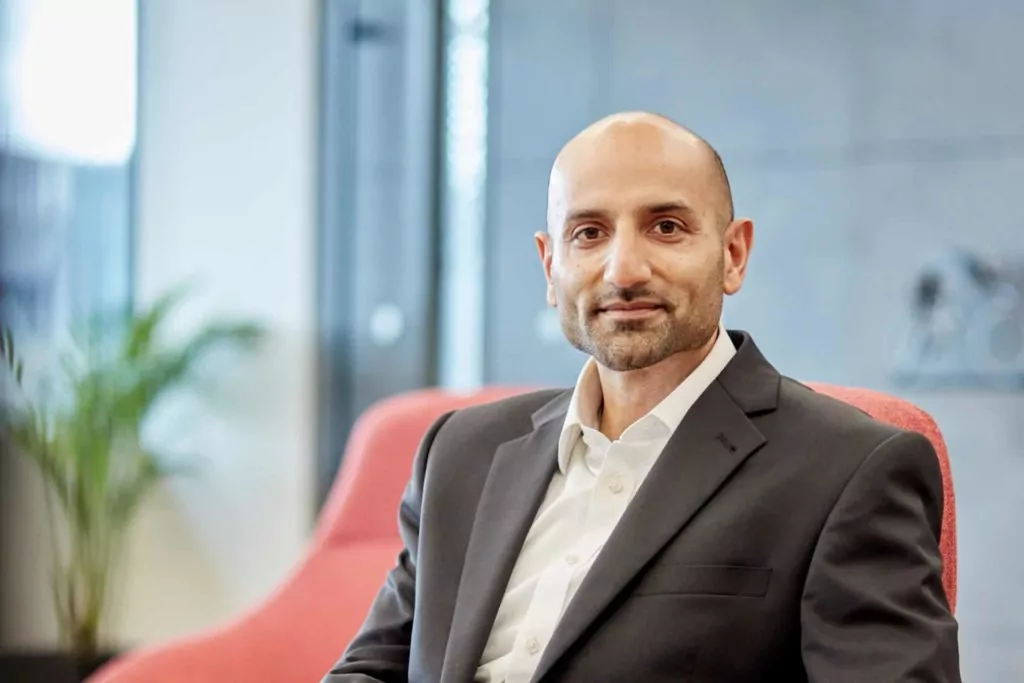
This website will offer limited functionality in this browser. We only support the recent versions of major browsers like Chrome, Firefox, Safari, and Edge.
Those of you who might’ve missed it, catch up on our first episode on purchase contracts here.
By way of recap, you're the investment director at a prominent family office. Two years have passed since you acquired a regional logistics asset which was part-funded by a £26m, three-year commodity murabaha facility from an Islamic bank. You're now considering selling the asset in line with your investment strategy to capitalise on the flight to quality aided by geopolitical uncertainty. You've checked the facility and there are no fees due to the Islamic bank on early settlement.
First, if this were a conventional facility, I'd give this article short shrift by explaining that interest would be calculated up to and including the redemption date and the loan would be redeemed from either the sale proceeds or, on a refinancing, the incoming lender's loan. But where would be the fun in that?
Let's turn to our fixed rate commodity murabaha facility. As previously explained:
As you can see, the £2.5m reflects the Islamic bank's profit return on the sale for the full three-year term. So, is the Propco required to pay the full £2.5m even if the facility is settled in full within, say, two years?
Like their conventional counterparts, Islamic banks recognise that investment strategies change and generally permit facilities to be repaid early. In such cases (all things being equal) the Islamic bank would, in addition to the principle, commercially only intend for any accrued profit to be paid.
The basis for that is a discretionary rebate which the Islamic bank may offer to the Propco. Assuming our facility is repaid two years in, that rebate would (for simplicity) be around a third of £2.5m and would comprise the amount of profit that would’ve otherwise been paid by the Propco during the final year of the term. In practice, the rebate would be factored in to the redemption statement and would account for actual costs incurred by the Islamic bank with the breaking of a notional hedge (if applicable).
Let's revisit our opening scenario. You're now on board with the rebate concept but are a little spooked by its discretionary nature. You run the relevant extract of the facility past your general counsel for her opinion. She helpfully explains that:
That concludes our second instalment of Murabaha Monthly, which I hope you have found to be a practical and useful introduction to an early settlement scenario in the context of a fixed rate commodity murabaha facility.
Next month, we'll revisit our opening scene. This time, you'll have received a call from the Islamic bank who will want to discuss with you the phasing out of LIBOR and its implications for your facility. The relationship director will mention something about "backwards looking RFRs" but, to be honest, you're not totally sure what she means. Join us then to find out more!